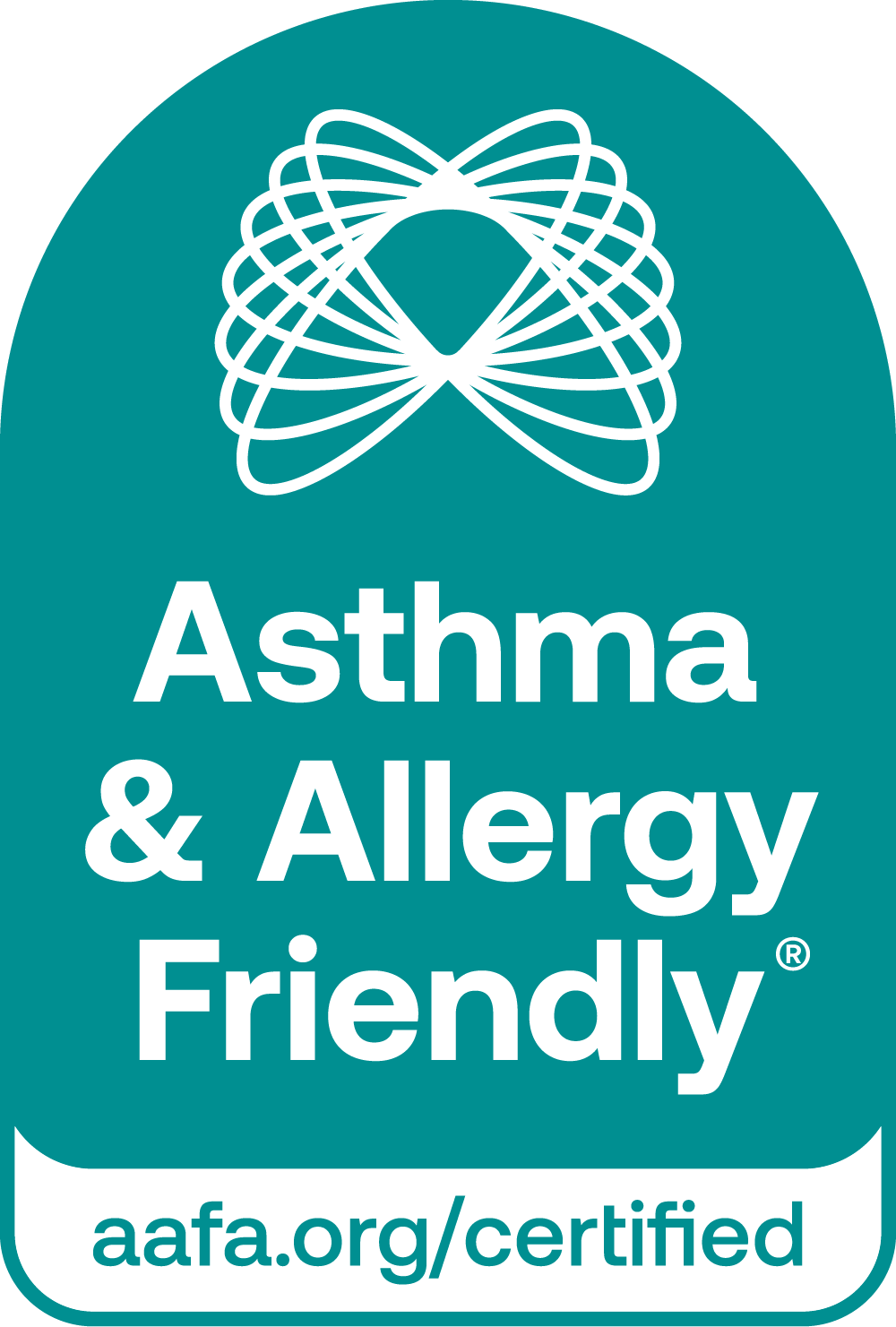Allergies to animals with fur are common, especially in people who have asthma or other allergies such as pollen or dust. Three in 10 people with any allergy will also be allergic to their cat or dog, according to the Asthma and Allergy Foundation of America.
If you’re not allergic to Can f 5 but still have a reaction, you can also reduce your exposure to allergens and the symptoms they produce by taking the following steps recommended by the Asthma and Allergy Foundation of America:
- Change your clothes after you’ve been around any dogs or cats.
- Ask a family member without a pet allergy to clean litter boxes or bedding and brush the pet outside.
- Keep your pet out of the bedroom. And consider a HEPA air cleaner in there, but first clean aggressively — pet allergens can hang around for months.
- Dog and cat allergens are “sticky” and can remain in wall-to-wall carpet. Remove it if possible, and scrub the walls and woodwork. “Bare floors and walls are best.”
- Vacuums stir up any allergens that have settled, so wear a mask and use a vacuum with a Certified filter. Also use a Certified filter for central heat and air units.
- Be sure to visit a specialist to check out your allergies. They may be able to recommend medications or immunotherapy treatments.
